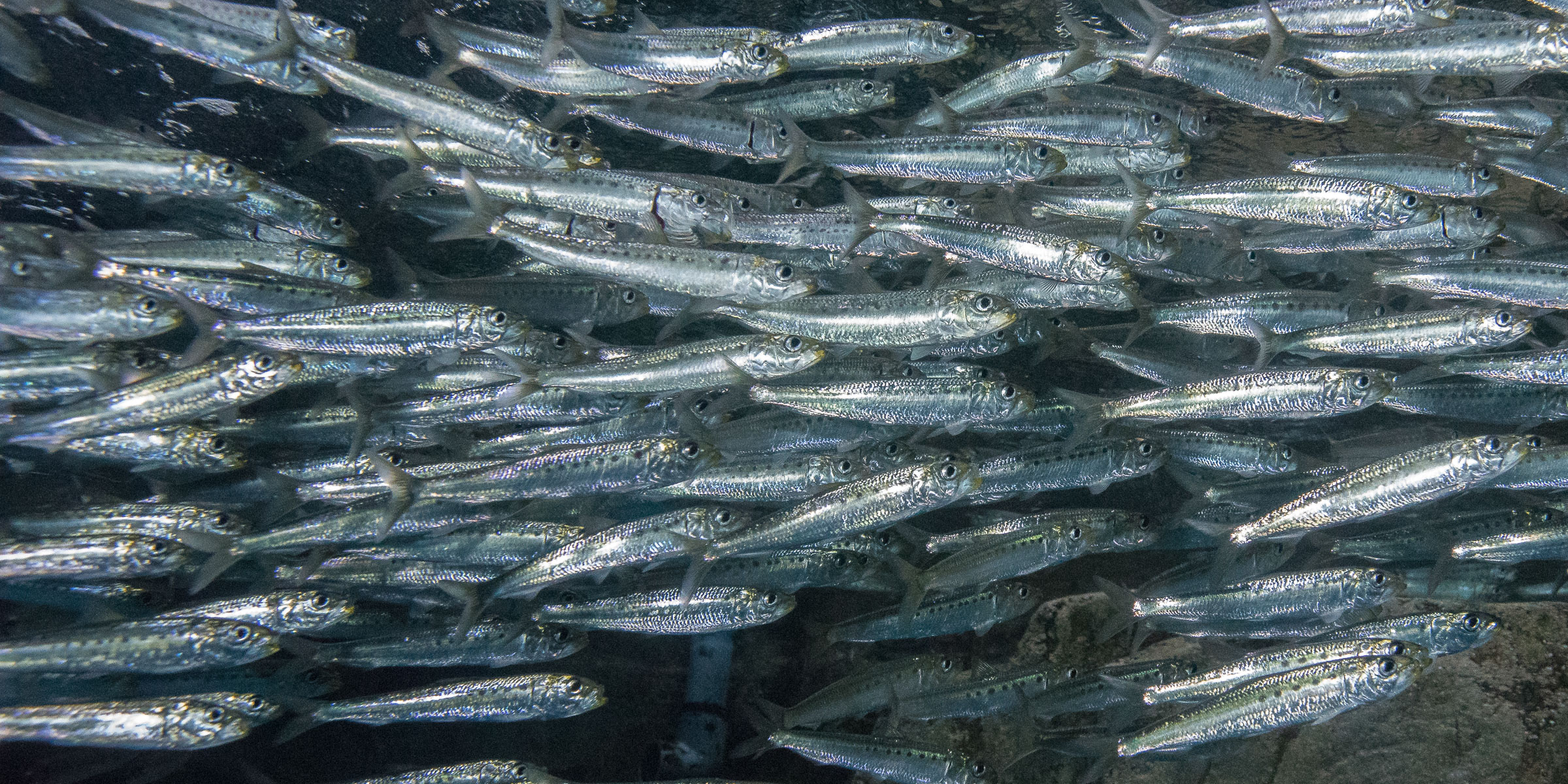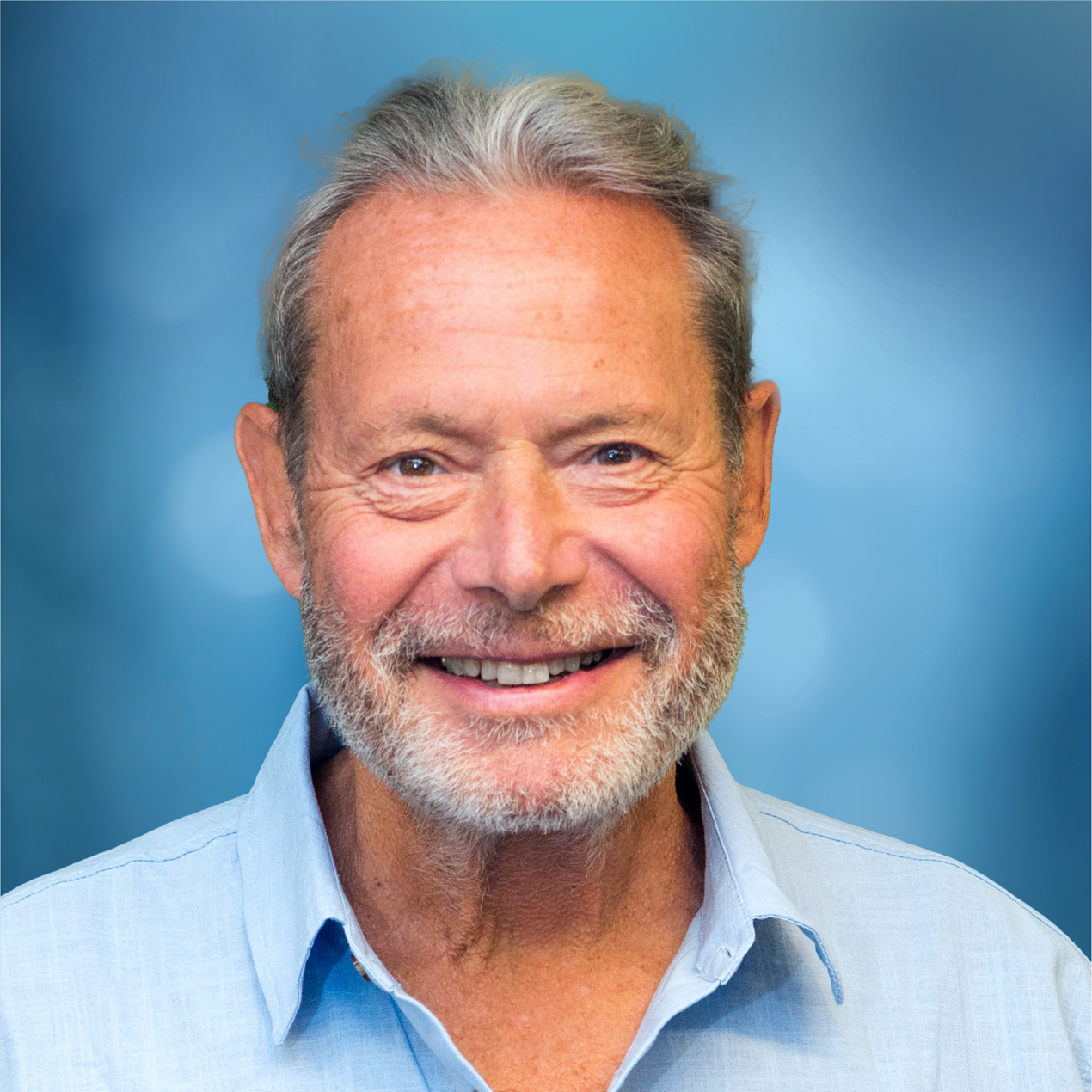
Letter From The CEO
Taking Action Together is the Answer
Thoughts on the magnitude of the Marine Species Report Card from our CEO.
Santa Ana wind gusts up to one hundred miles per hour. Ocean water at bathtub temperatures. Tornados in places that do not have tornados. The main plotline: the Earth finished its hottest year in recorded history on December 31, 2024. This all sounds like a dystopian future for which we have no answers. But we do have answers. In 2024 coal-power output in the United States fell to its lowest level in sixty years. Communities rally together following unnatural disasters such as the recent Los Angeles fires or the floods from Hurricane Helene in the southeastern United States. Over one-hundred countries support the idea of a legally binding international accord to reduce marine plastic pollution.
Paying attention, being prepared, and taking action together is the answer.
In this Currents issue, you can learn about the inaugural California Marine Species Report presented by the Aquarium of the Pacific. It brought together over two dozen marine biologists to assemble population data for thirty iconic California marine species. This is paying attention. Using consistent, long-term monitoring data, we can see that the efforts to recover giant sea bass are paying off. We can also see the steady decline of white abalone, which has caused this species to be the first marine invertebrate to be federally listed as endangered.
But the biggest value of the Report Card project is not what we can learn from it today, but what it can offer five, ten, and twenty years from now as our planet—and the ocean—is buffeted by one environmental disaster after another.
The pace of climate change and the crescendo of the extreme events that result from a warming atmosphere have caught even the most alarmist climate scientists off guard. We do not know what awaits us. Drones, satellites, and artificial intelligence are drowning us in gigabytes of environmental data, but do we know if California mussels are showing signs of population decline due to hot temperatures? Is there any hint in the data that a warmer ocean will alter the relationship between sardines and anchovies?
Data on temperature, ocean acidity, dissolved oxygen, heavy metals, chlorophyll, and an almost unlimited library of physical and chemical variables that define our ocean and planet are more available than ever before. But what about species?
When we talk about nature, it is not measurements of nitrogen, carbon dioxide, sediments, chlorophyll or any of a myriad features of the chemical and physical environment that motivates us. It is the plants and animals that inspire us. Laboratory studies can help, but only natural history observations and monitoring in the wild natural world can tell us how we are impacting ocean life.
Our dream is for the Report Card to inspire community scientists, researchers, and private and public funders to sustain and expand long-term monitoring of California marine species. Monitoring for monitoring’s sake is a hard sell. The monitoring in the Report Card is designed to detect system changes and fundamental shifts in how species relate to one another and to us.
Species have cultural and economic value as well—and the more we can connect the public to our Report Card, the more likely the public is to support or volunteer for conservation.
It is up to us what happens to the species with which we share our iconic California coastline. As a friend once told me, “we are the cavalry.” Knowing how these thirty species are doing is the first step to making sure we do not unwittingly allow any to disappear from our shores for lack of attention.
Thank you for your support as a member that allows us to do important work like the Marine Species Report Card.

Peter Kareiva
Dr. Peter Kareiva joined the Aquarium of Pacific in August 2020. He holds a B.A. in zoology, M.S. in environmental biology, and Ph.D. in ecology and evolutionary biology. He is committed to science that engages the public and believes that connecting to nature is the one thing that can overcome the deep political and social divides that plague the nation today.